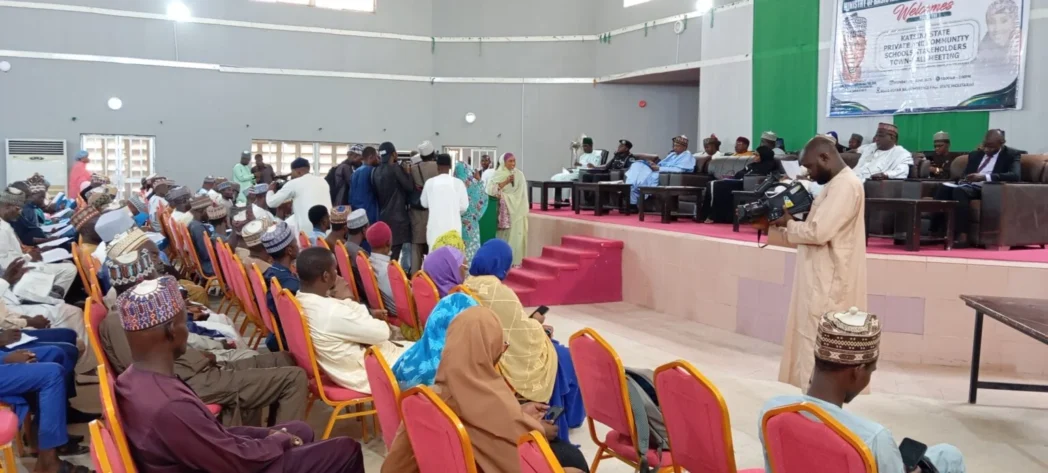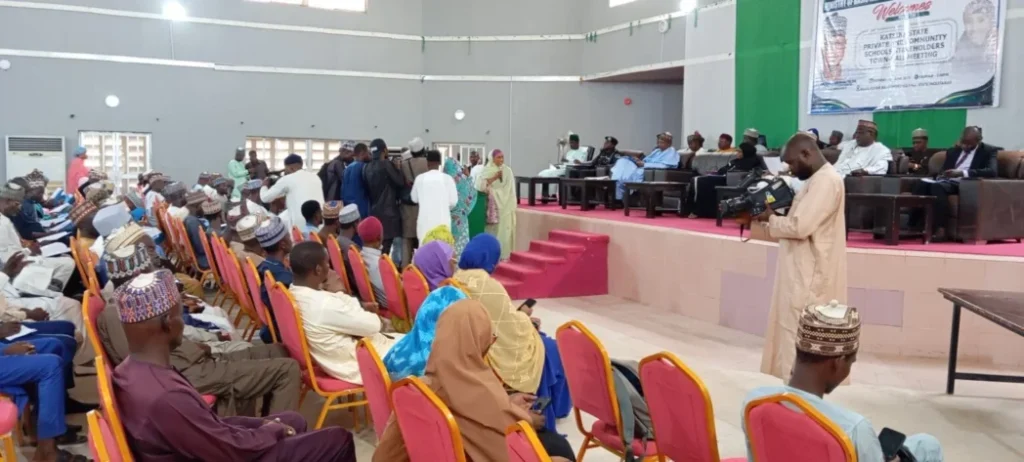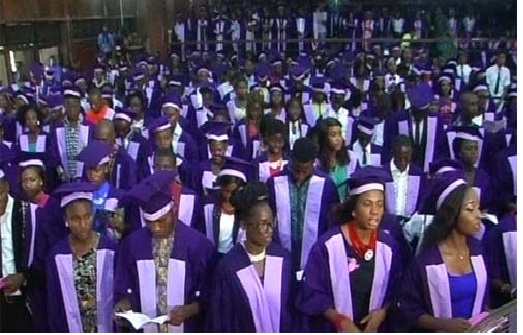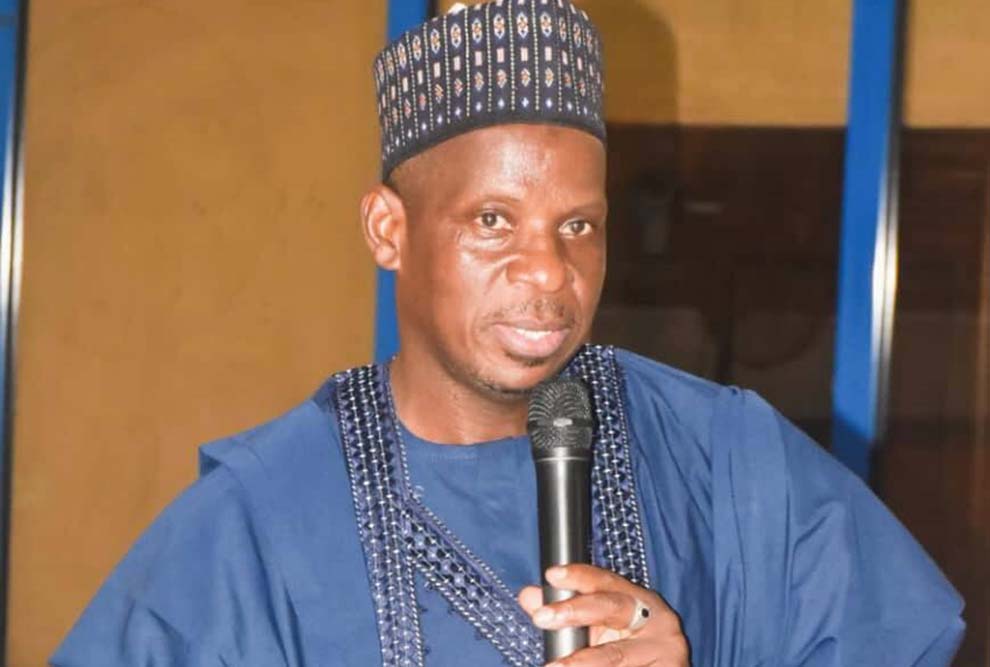Katsina Govt. unveils new policy to regulate private, community schools


KATSINA (Sundiata Post) – The Katsina State Government says it has unveiled a new policy guideline aimed at regulating private and community schools across the 34 local government areas (LGAs) of the state.
The state’s Commissioner for Basic and Secondary Education, Hajiya Zainab Musa-Musawa said this at a stakeholders’ town hall meeting made up of proprietors of schools in Katsina on Monday.
The commissioner said that the state ministry of education was taking bold steps towards reforming the educational sector, with the belief that education is the cornerstone for progress.
She said that private and community schools across the state play a pivotal role in shaping the future of children.
Musa-Musawa told the proprietors that their presence underscores the commitment to advancing an inclusive educational reform towards improving the overall quality of education in the state.
“I commend you for taking out time to attend this town hall meeting to align with our shared vision for a stronger and more inclusive education system.
“The new operational guideline has been carefully drafted to strengthen the operations of private and community schools, while fostering collaboration with the state government to meet the educational needs of every child.
“It is also aimed at creating a transparent, efficient, and inclusive framework for school operations.
“Drawing from global best practices and local realities, the guideline addresses critical areas such as infrastructure, curriculum delivery, teacher qualification, student welfare, and compliance with the national and state education policies, ,” she said.
Musa-Musawa said that the document was designed not to burden the proprietors, but to empower them to deliver quality education that prepares the children for a competitive world.
“The ministry has revised compliance and approval processes to ensure that only institutions meeting minimum standards operate, in order to protect students and parents from substandard education.
“The approval process is transparent and free from undue influence.
“Furthermore, re-invented community engagement, especially for community schools, must demonstrate a long-term development plan that involves local stakeholders, ensuring schools serve as hubs for community welfare.
“This guideline is not static. We are committed to transparency and stakeholder engagement. Hence, the document is a draft and will be shared with you to foster collaboration and evidence-based improvements,” she said.
Musa-Musawa noted that the feedback from the proprietors was vital to refining the policies, and urged all private and community schools to fully embrace it.
“Register for approval processes, invest in teacher training, and prioritise student’s welfare. The ministry is here to support you with resources, training, and partnership,” she said.
Alhaji Mukhtar Jibiya, a representative of the private schools proprietors, commended the state government for the meeting saying that the proprietors are the second largest employers of labour in the state after the government.
He said that the private school owners have recruited over 30,000 employees across more than 1,500 schools, contributing in reducing out-of-school children across the state.
Jibiya expressed the belief that the policy document would streamline and give them a better opportunity to serve humanity and deliver exceptional education to the children.
Also, Malam Dikko Aliyu, the representative of the community schools proprietors, said they have been planning to meet the commissioner to discuss the issues.
He assured that the community school proprietors would digest the document, and provide the necessary inputs aimed at improving the education sector in the state. (NAN)









